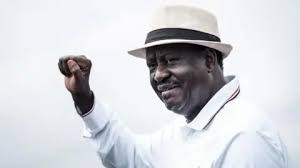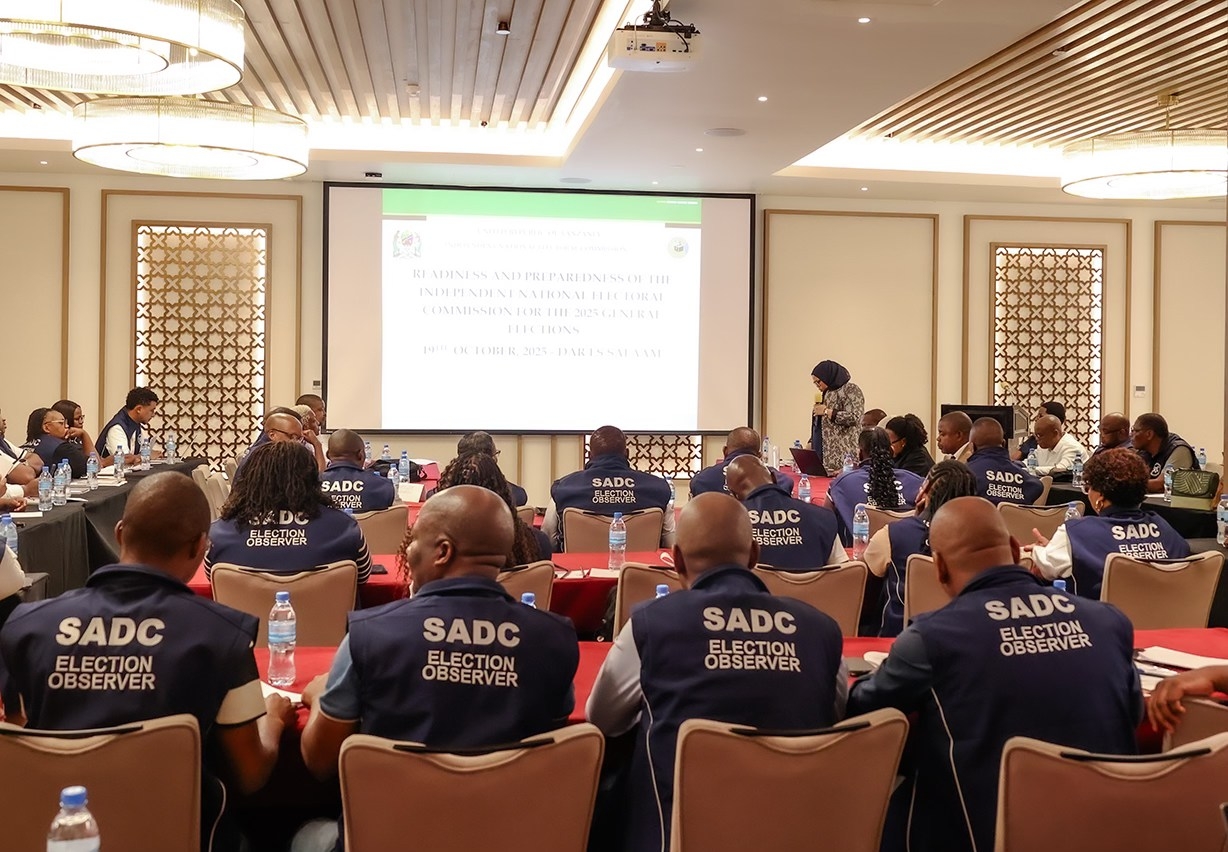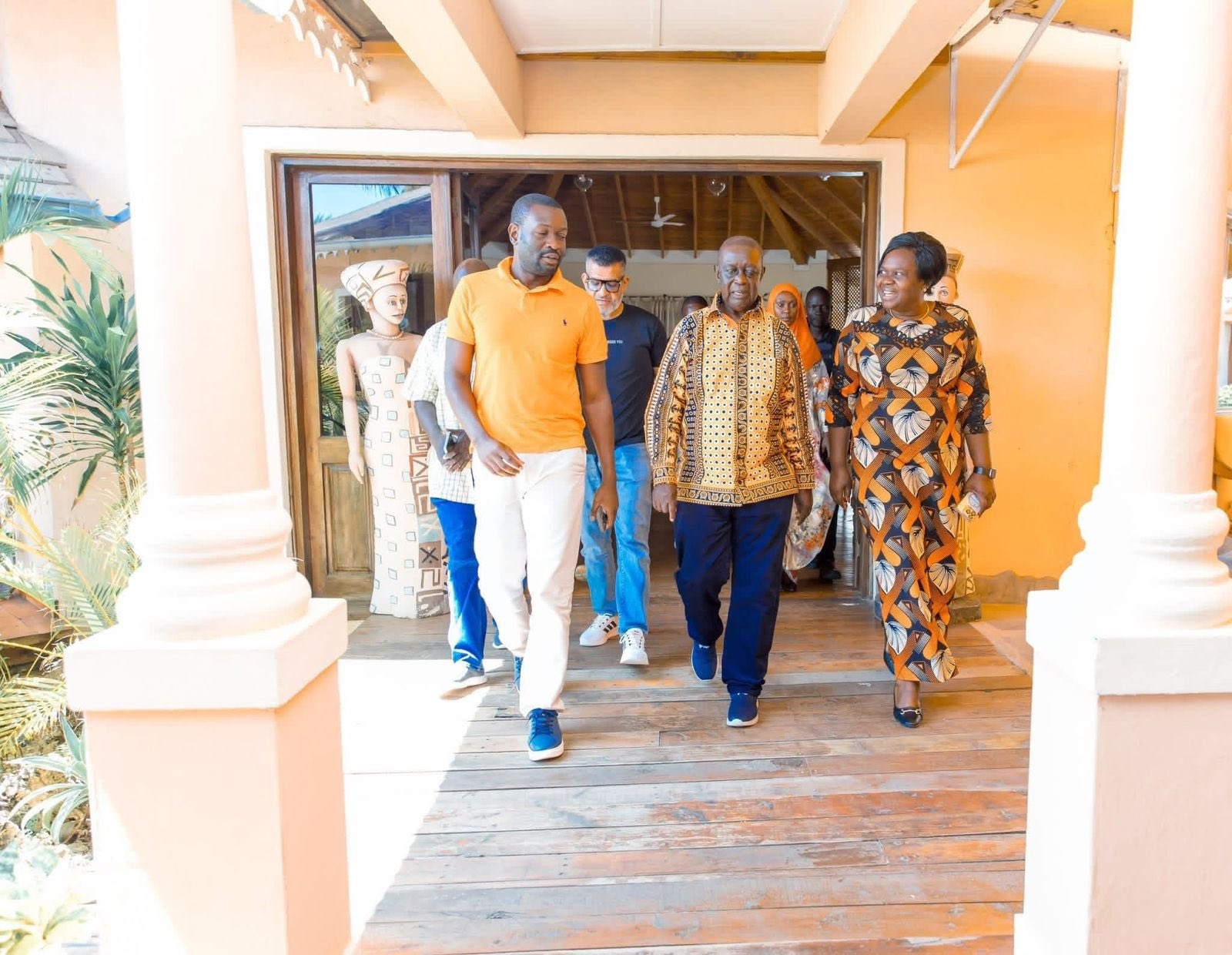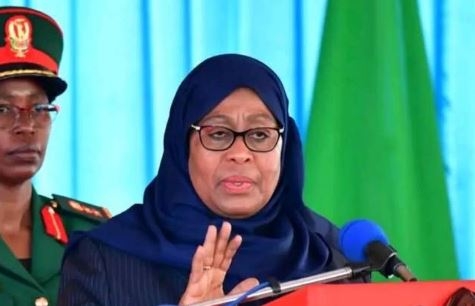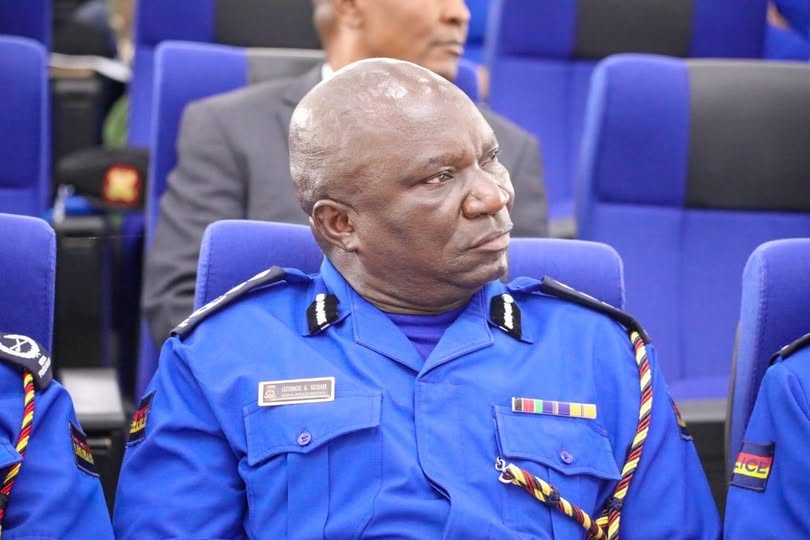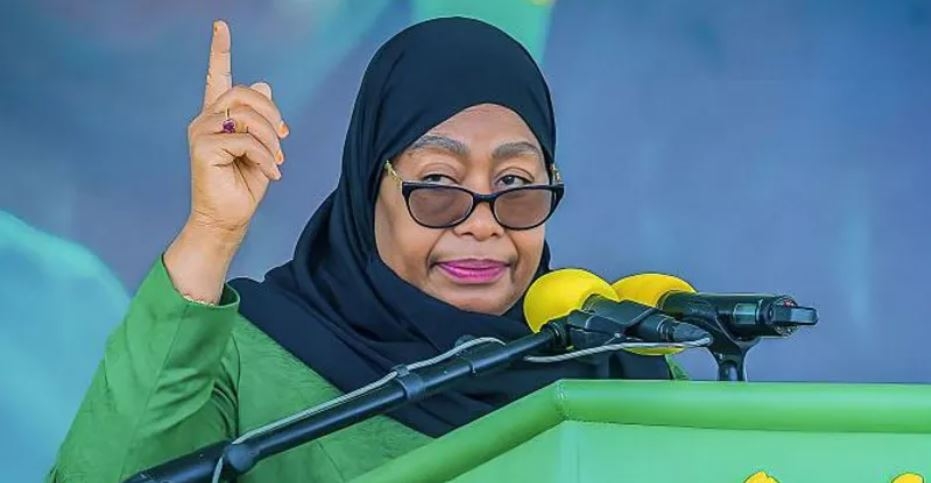Alfred Nyamwange, a writer born in Kisii county, has emerged as an artistic embodiment of deep commitment to language, literature and culture in Kenya.
His journey through the literary world is closely tied to his academic background, which saw him study at various universities across the region, refining his expertise in English literature and creative writing. These academic pursuits reflect Nyamwange’s desire to blend scholarly work with creative expression, particularly in the domains of popular culture, oral poetry and cultural studies.
His writing philosophy is deeply rooted in exploring the complexities of human experience, especially within the African context. His works, including the novel The Blood Stains (2020) as well as his short story collection The Woman Called Angel (2020), are powerful offerings that demonstrate his gifted ability to weave narratives that capture the essence of societal issues, personal struggles and the interplay between tradition and modernity. Africa Ink Publishers are his main outlet.
Through these stories, this versatile scribe delves into themes such as love, betrayal, cultural conflict and the often harsh realities faced by individuals in contemporary society. His writing not only entertains but also forces the reader to confront these pressing issues, making his work as much a form of activism as it is artistic expression.
Nyamwange’s aesthetic is characterised by a blend of realism and cultural symbolism, where the everyday lives of his characters are infused with the rich traditions and beliefs of the Gusii community. This cultural immersion is not just a reflection of his heritage but also a deliberate effort to preserve and promote indigenous cultural identity through literature.
As the Swahili proverb goes, “Mwacha mila ni mtumwa,” meaning “He who abandons tradition is a slave.” His literature embodies a deep reverence for tradition in the cast of his predecessors like Ngugi wa Thiong’o and Henry ole Kulet. This respect for heritage is evident in his children’s book, The Smell of New Shoes (2020), which uses storytelling to instil cultural values and moral lessons in young readers. The book serves as an educational tool, teaching children the importance of cultural continuity in a rapidly changing world.
Ideologically, Nyamwange believes in the creative power of literature as a tool for social change. He sees the writer’s role in contemporary times as not merely that of a storyteller but as a societal mirror, reflecting both the virtues and vices of society while advocating for positive transformation. His works often highlight the struggles of the marginalised and the consequences of societal neglect, pushing readers to question and challenge the status quo.
To me, his stories serve as a platform for discussing critical societal issues, such as gender inequality, corruption and the impact of colonialism on African societies. For instance, in his short story collection The Woman Called Angel, Nyamwange addresses the struggles faced by women in patriarchal societies, the moral dilemmas posed by traditional practices, and the resilience required to navigate these challenges. The stories are deeply introspective, allowing readers to engage with the characters' emotional landscapes while reflecting on broader societal issues.
His deep-seated belief in the artistic power of storytelling is evident in his approach to character development. He carefully crafts characters that embody the complexities of human nature and societal expectations, forcing them to confront moral and ethical dilemmas that resonate deeply with readers.
His protagonists often find themselves in situations that require difficult choices, making his stories not only relatable but also a commentary on the human condition, particularly within the context of post-colonial African societies. This approach enhances the depth of his narratives, making them both intellectually stimulating and emotionally engaging.
Nyamwange’s vision for the future of African literature in our lifetime is one of inclusivity and diversity. He advocates for the inclusion of more voices from different ethnic, linguistic and cultural backgrounds in the literary canon. He believes that modern Kenyan literature should not only reflect the experiences of the elite or the urbanised but also those of the rural, the marginalised and the disenfranchised. This vision is reflected in his work with young writers and his efforts to create platforms for emerging voices in literature.
In contemporary times, this tall writer sees the role of the writer as increasingly important in navigating the complexities of a globalized world. He believes \writers have a responsibility to document and critique the rapid social, political and economic changes occurring in Africa and beyond. His own work serves as a bridge between the past and the present, drawing on historical and cultural references to comment on modern-day issues.
His passion for education is evident in his years of teaching English language and literature in Kenyan high schools and colleges. He recently completed a PhD in literature at Kisii University. His dedication to literature as a tool for social change, cultural preservation and education underscores his importance in the contemporary Kenyan literary scene.
Nyamwange has established himself as a vocal figure in the literary scene over the past decade. His deep commitment to language, literature and culture is evident in his involvement in various collaborative art projects, including the 2022 Kistrech Poetry Festival. As a team player, Nyamwange’s participation in this event highlights his dedication to nurturing Kenyan art and literature through collective efforts.
At the famous festival, curated by the great poet Chris Okemwa, Alfred joined other prominent Kenyan poets, such as Tony Mochama, Joseph Muleka and Ruth Jepkorir (author of the captivating Bile on My Face) in showcasing the vibrant and diverse voices of new Kenyan poetry. His consistent art effort was particularly celebrated with the launch of his poetry collection, The Girl of Red Beauty, a demonstration of his skillful multi-genre storytelling and deep artistic engagement today.
I believe this cohesive vision of Alfred Nyamwange as a writer, educator and cultural advocate underlines his contributions to Kenyan literature. Through his commitment to cultural authenticity, social activism and the empowerment of future generations, Nyamwange is a literary person of interest who continues to inspire, educate and provoke thought in the world of our new literature in this decade.




